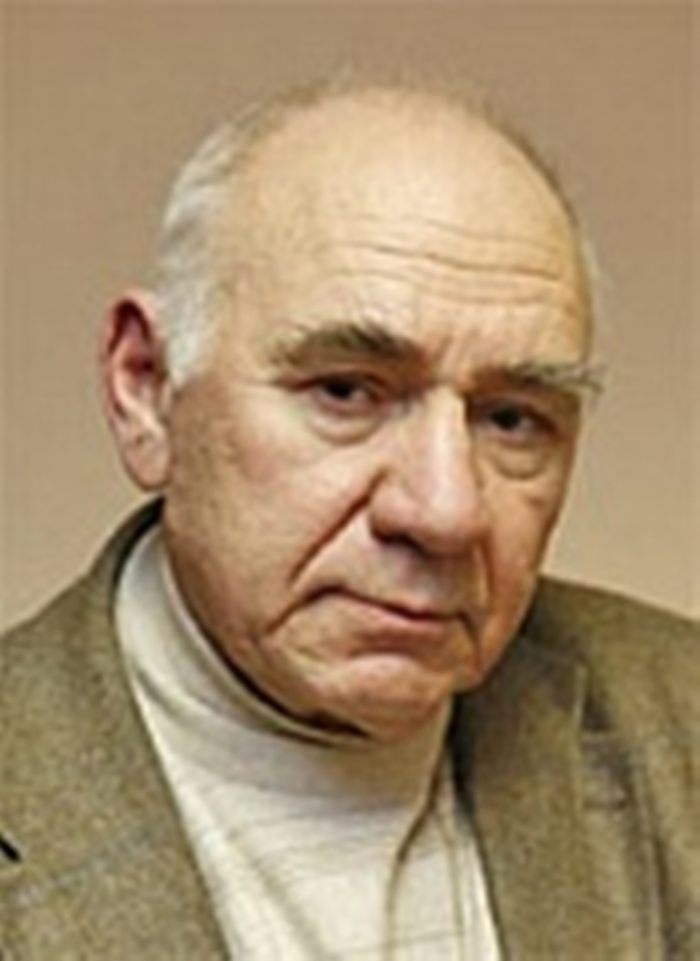Nikolai Anastasiev, a well-known Russian philologist whose scientific interests included Kazakh, American and Russian literature, died in Moscow at the age of 81 years. This news filled with sorrow the hearts of many literature lovers in three countries: Kazakhstan, Russia and the United States.

Nikolai Anastasiev
Anastasiev was both a longtime professor of the most famous Russian MGU University and the author of the best biographical novel about the most famous Kazakh writer of the 20th century Mukhtar Auezov. (It should be noted that the name of Auezov, the author of the novel “Abai’s Way” and the head of Kazakhstan’s writers’ organization at the most difficult times of Stalin’s repressions is sacred for every citizen of Kazakhstan.) For our American readers Anastasiev may be known as one of the top figures in American Studies in the former Soviet Union, the author of the books on Ernest Hemingway and William Faulkner, but also of countless articles on the legacy of Flannery O’Connor, Henry Thoreau, John Dos Passos.
And, of course, all of the literary life of Nikolai Anastasiev was marked by his profound respect and admiration for the greatest figure in Kazakh literature – Abai Kunanbayev. Anastasiev’s book “Abai: the Gravity of Flight”, published in the 2000s, opened to many Russians the genius of the “bard of Kazakh steppes,” it showed the connotations that existed between Abai and Leo Tolstoy, Abai and Pushkin, Abai and some of the geniuses of the English language literature, which Anastasiev studied professionally.
A participant of many meetings between the Kazakh and Russian intelligentsia, held at Kazakhstan’s embassy in Moscow and elsewhere, Anastasiev was a tireless solicitor for more cultural exchanges between Kazakhstan, Russia and the United States. He received several literary awards for his activities, which included his articles on Kazakh literature in the famous Russian magazine Druzhba narodov (“Friendship of the Nations”). For many years, this magazine was one of the few venues, via which Kazakhstan’s writers could get their message across to the bigger world.
Anastasiev will be fondly remembered in Russia, Kazakhstan and the United States. His work is one of the few treasures which the otherwise tragic 20th century left for us.
